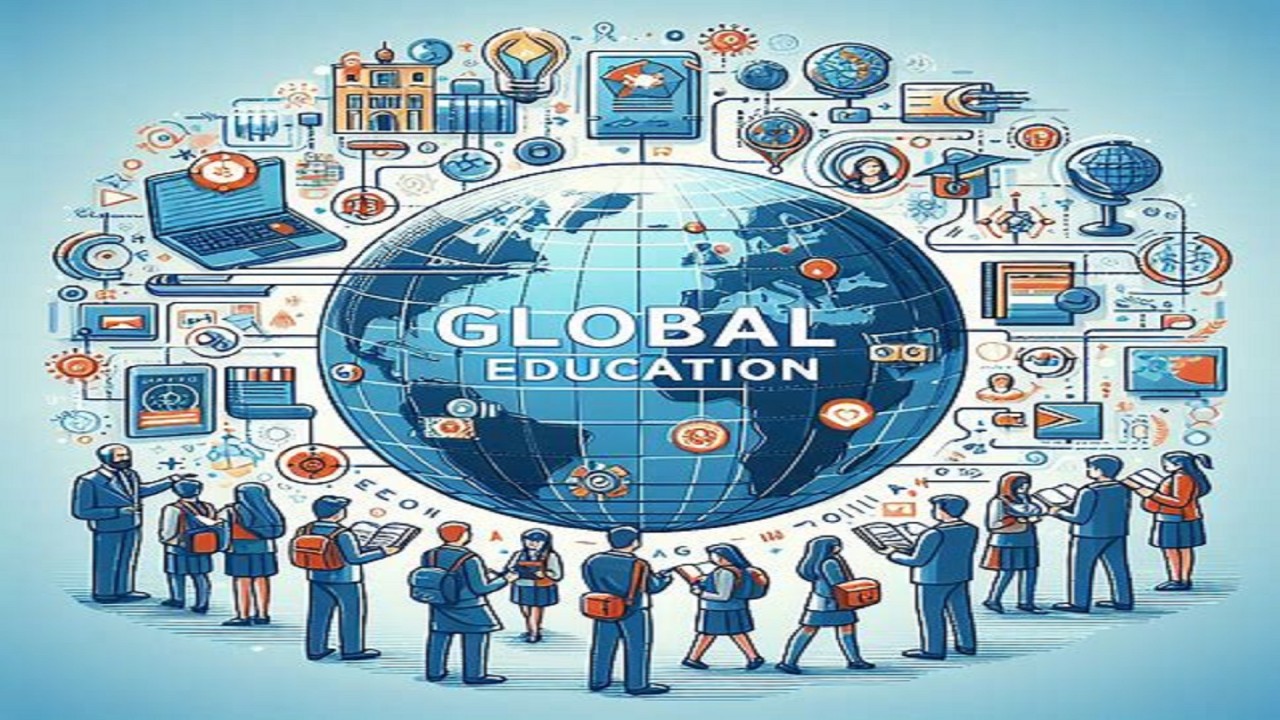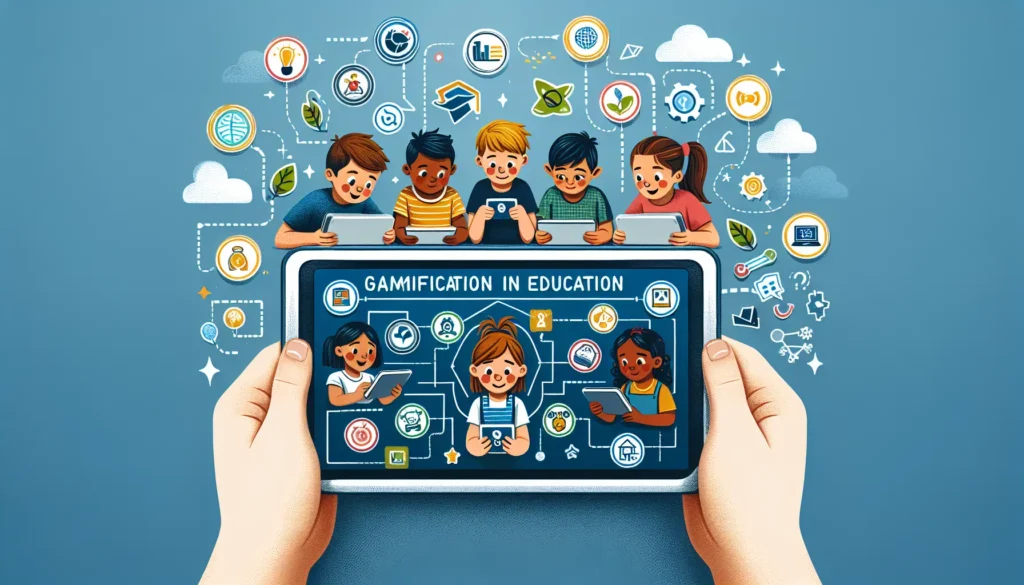
The future of academics in the Gulf is
increasingly shifting from content memorization to skill development. While
curricula remain important, students today require critical thinking,
problem-solving, digital literacy, and adaptability to succeed in higher
education and the workforce.
Educational institutions are redesigning their
programs to emphasize these competencies. For example, project-based learning,
coding bootcamps, and interdisciplinary courses are becoming integral to
mainstream education. Universities are collaborating with schools to introduce
early exposure to research, entrepreneurship, and innovation.
Hybrid and blended learning models facilitate
personalized learning experiences, enabling students to progress at their own
pace while engaging in collaborative problem-solving. Data analytics allows
educators to measure skill acquisition rather than rote knowledge, offering
actionable insights to improve instruction.
This shift also reflects broader economic
priorities in the Gulf, where knowledge-based industries are gaining
prominence. STEM, AI, renewable energy, and biotechnology sectors demand
graduates who can apply learning in real-world contexts. Therefore, academic
institutions are aligning their teaching strategies with these industry needs,
ensuring students are future-ready.
Parents and educators must work together to
foster a growth mindset, encouraging curiosity, experimentation, and
resilience. By prioritizing skills alongside traditional academics, the Gulf
region is paving the way for a new generation of learners who are adaptable,
innovative, and globally competitive.




.jpg)

.png)


.jpg)



